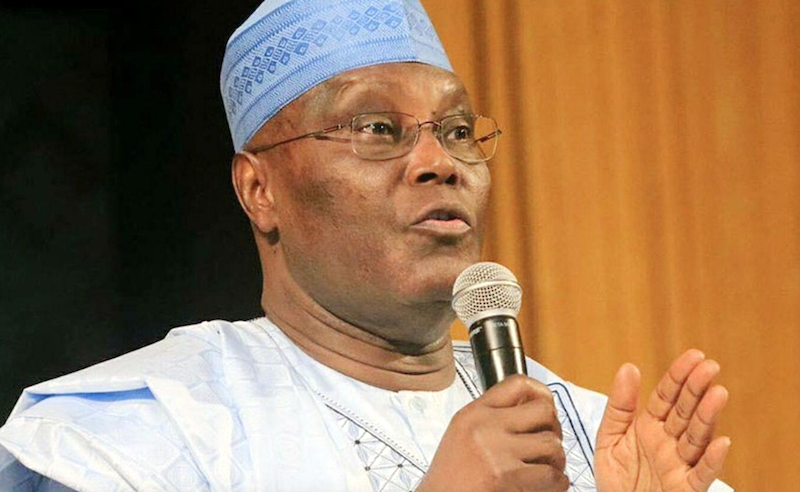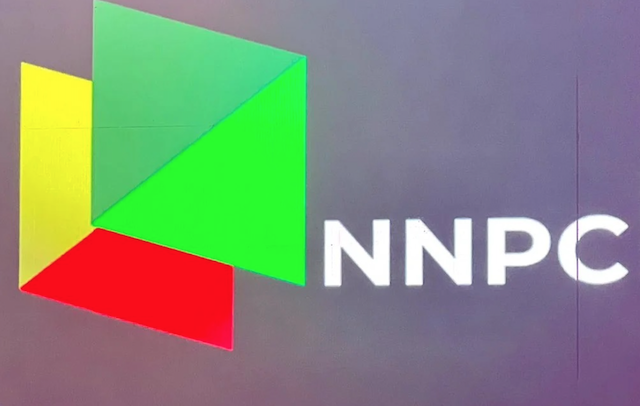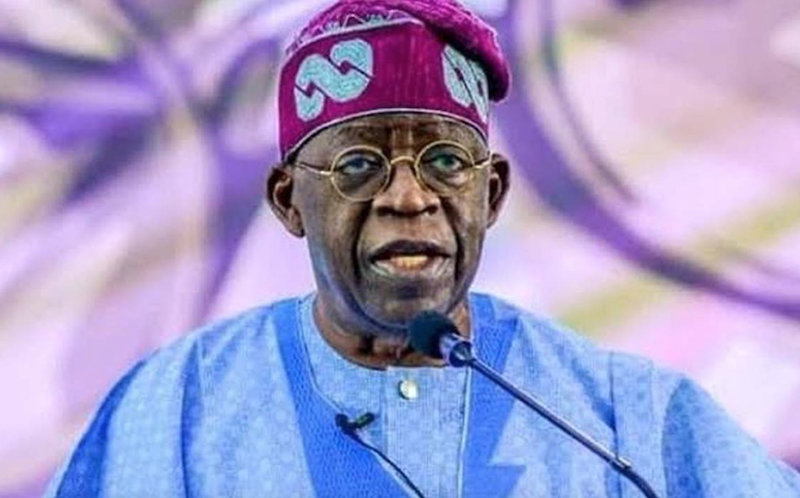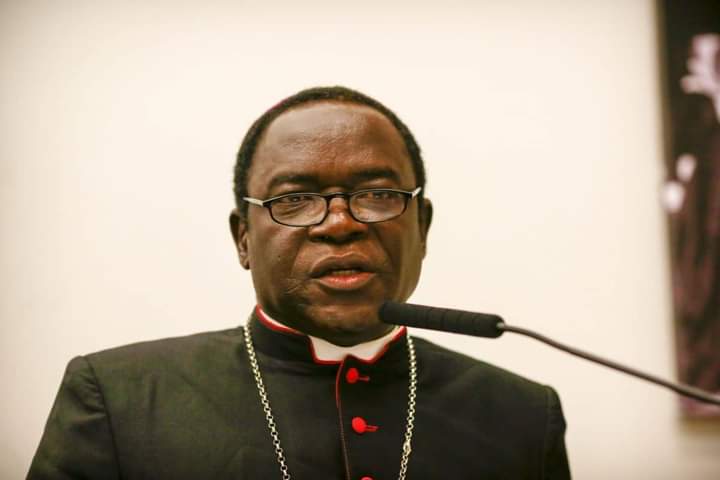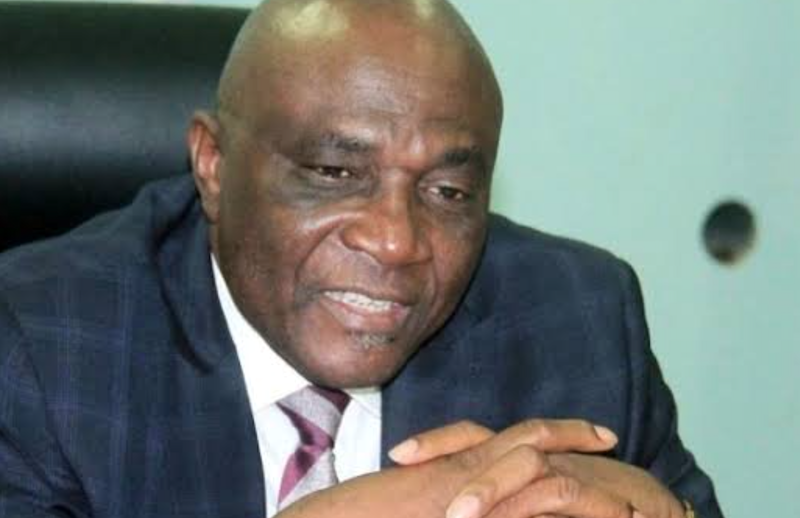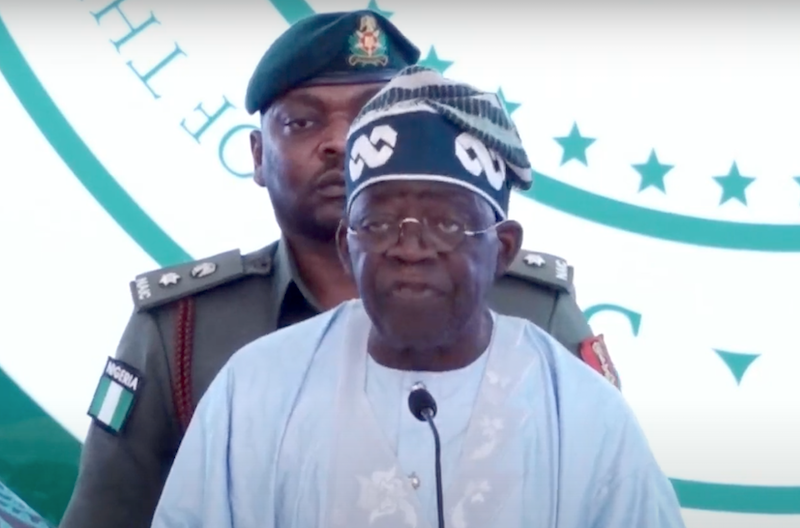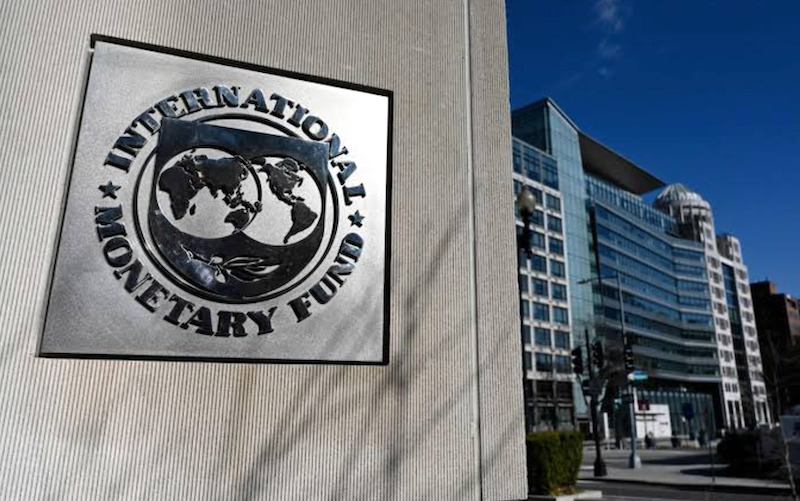Former Vice President Atiku Abubakar has said the latest revelations circulating “regarding the federal government’s covert continuation of the subsidy on Premium Motor Spirit (PMS), represents another chapter in the opaque governance under President Bola Tinubu’s administration”.
Atiku’s comments come on the heels of a recent publication revealing President Bola Tinubu gave approval for a request by Nigerian National Petroleum Company Limited (NNPC Limited) to utilise the 2023 final dividends due to the federation to pay for petrol subsidy.
TheNewsGuru.com (TNG) reports the company released its 2023 Audited Financial Statement on Monday, posting a final dividend of N2.1 trillion for the year under review.
A forecast by NNPC Limited seen by the newspaper showed that the cumulative petrol subsidy bill from August 2023 will hit N6.884 trillion by December 2024, leaving the national oil company unable to remit N3.987 trillion in taxes and royalties to the federation account.
Although, the Chief Financial Officer of NNPC Limited, Alhaji Umar Ajiya has said the company was only taking care of Premium Motor Spirit (PMS) importation shortfalls and not necessarily paying subsidy, Atiku said the development starkly contrasts with Tinubu’s firm assertions in a national broadcast, where he declared the subsidy regime was gone.
Taking to X (formerly Twitter), Atiku, who was the candidate of the People’s Democratic Party (PDP) in the 2023 presidential election, stressed the “dissonance between the President’s words and his actions not only undermines the moral fabric of his leadership but also significantly erodes the credibility of his administration”.
He wrote: “The latest revelations circulating through credible media outlets regarding the federal government’s covert continuation of the subsidy on Premium Motor Spirit (PMS) represent another chapter in the opaque governance under President Bola Tinubu’s administration.
“This development starkly contrasts with the President’s firm assertions in a national broadcast, which followed closely on the heels of public protests decrying poor governance, where he declared the subsidy regime concluded.
“However, disclosures prior to his announcement have consistently indicated a resurgence of subsidy payments, albeit through less transparent means.
“This dissonance between the President’s words and his actions not only undermines the moral fabric of his leadership but also significantly erodes the credibility of his administration.
“At a time when the nation grapples with severe fuel scarcity and escalating energy costs, the continued delays in the re-operation of the Port Harcourt refinery stand as a national disgrace — a failure that rests firmly on the shoulders of President Tinubu, who also holds the office of the Minister of Petroleum Resources.
“Moreover, the persistent denials by NNPC Limited only exacerbate the plight of Nigerians, who endure severe difficulties due to fuel shortages and resultant price inflations. Amidst a contentious dispute between local investors favouring refinery operations and those advocating for imported PMS, the President’s silence is profoundly disconcerting.
“It is paramount that the President, who is intrinsically responsible for overseeing and intervening in such critical disputes to safeguard national interests, steps up to fulfil these expectations. The veil of secrecy shrouding the downstream petroleum sector, coupled with alarming reports of NNPC Limited diverting funds intended for other purposes to cover subsidy payments, adds layers of confusion that are unbearably unsettling.
“If these reports hold true, they portend grave implications for the integrity of our fiscal federalism. It is imperative, therefore, that the Tinubu administration urgently clarifies the entanglements surrounding the subsidy policy and the refining of PMS. Only through transparent governance can Nigerians hope to find relief from the current debilitating conditions of fuel scarcity and the spiralling inflation affecting petroleum products”.
